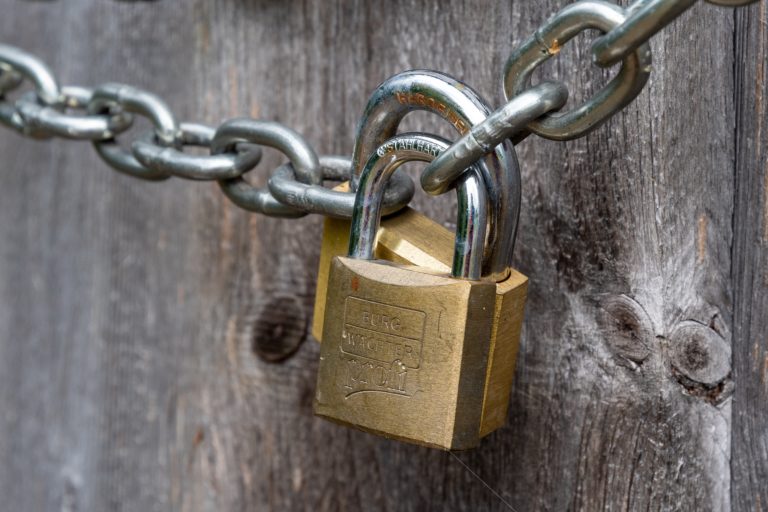
Paying for Nursing Home Costs: A Guide to Medicare, Medicaid and More
Navigating the myriad of ways to pay for nursing home care can be overwhelming. However, with a clear understanding of nursing home costs and the options available, it becomes manageable.
Understanding Nursing Home Costs
Nursing home costs nationwide can be daunting. In 2021, a semi-private room in a nursing home averaged $7,908 per month, with private rooms at $9,034. Even assisted living facilities, which offer a lesser level of care than nursing homes, can run upwards of $4,500 a month. Most people who enter nursing homes start by paying for their care out-of-pocket by using their savings or accessing equity from large assets like real estate. It’s clear that understanding these costs is crucial for anyone considering nursing home care.
What are the Nursing Home Care Private Pay Options?
Private pay remains a choice for those who either don’t qualify for Medicaid or prefer not to use it. This method involves tapping into personal assets or savings to pay for nursing home care. It provides more flexibility in terms of choosing the facility or level of care. However, it can quickly deplete one’s assets.
Does Medicare Pay for Nursing Home Costs?
Medicare is a federal program and primarily focuses on medical care, not long-term care. Medicare will not pay for long-term care in a nursing home facility. It will pay for a limited amount of time for skilled nursing care following a hospital stay but not for extended nursing home stays. Seniors also still need Medicare coverage for hospital care, doctor services and medical supplies while living in the nursing home. Understanding the specifics of what Medicare covers can help families plan better.
- What kind of nursing home care does Medicare cover? Medicare primarily covers skilled care, which is care that can only be delivered by trained professionals. It doesn’t typically cover custodial care, which is personal care, like bathing or dressing.
- How much does Medicare pay for skilled nursing home care? Medicare will cover the first 20 days of skilled nursing care at 100%. Beyond that, up to 100 days, a co-payment is required. After 100 days, Medicare will no longer pay for skilled nursing care.
Using Medicaid to Pay for Nursing Care
Medicaid is a popular option for many seniors needing nursing home care. It caters to those with limited income and assets. It is the primary payer for long-term care coverage nationwide.
- Who’s eligible for Medicaid nursing home coverage? Medicaid is a joint federal and state-run program. Eligibility varies by state but generally requires meeting specific income and asset limits. Most states also have a look-back period of five years to ensure that assets weren’t sold or given away to qualify for Medicaid.
- How does one apply for Medicaid, and what does Medicaid cover? Applying requires detailed financial documentation. Medicaid can cover a large portion of nursing home care costs. However, it might limit the choices of facilities. Working with an experienced elder law attorney to apply for Medicaid is not required. However, it can increase your chances of success by providing guidance, ensuring accurate documentation, and addressing any issues or appeals that may arise.
- Do all nursing homes accept Medicaid? Not all nursing homes accept Medicaid. It’s essential to research and find facilities that both provide the level of care needed and accept Medicaid as a payment option.
Long-Term Care Insurance: Is It Worth It?
Long-term care insurance is designed to cover long-term care costs that Medicare and private health insurance don’t cover. This might include nursing home care, assisted living, or home care. However, the coverage depends on the policy details, and premiums can be high. In addition, the older one is, the harder it is to be considered insurable.
If long-term care insurance is an option, be sure to start planning early. Insurance companies are known to reject more applicants the older they get. Reviewing insurance plans each year to ensure that the policy still meets anticipated needs is essential. Make changes if necessary, and never stop paying the premiums so that the insurance does not lapse.
The Role of VA Nursing Homes in Elder Care
For veterans, VA nursing homes can be an option. These facilities are dedicated to providing care to veterans and may be more affordable than private facilities.
Making the Right Decision: Private Pay vs. Medicaid vs. Medicare
The decision often comes down to personal finances, care needs and eligibility. Understanding the differences between these payment methods can lead to more informed choices. As the demand for senior care services grows, it’s predicted that the cost of nursing home care will continue to rise. Planning ahead becomes even more essential.
Working with an Elder Law Attorney: The Best Way Forward
Consulting with an elder law attorney can provide invaluable insights and assistance in navigating the complexities of nursing home costs and payment options.
Planning ahead is crucial. The more you know, the better decisions you can make for yourself or your loved ones.


